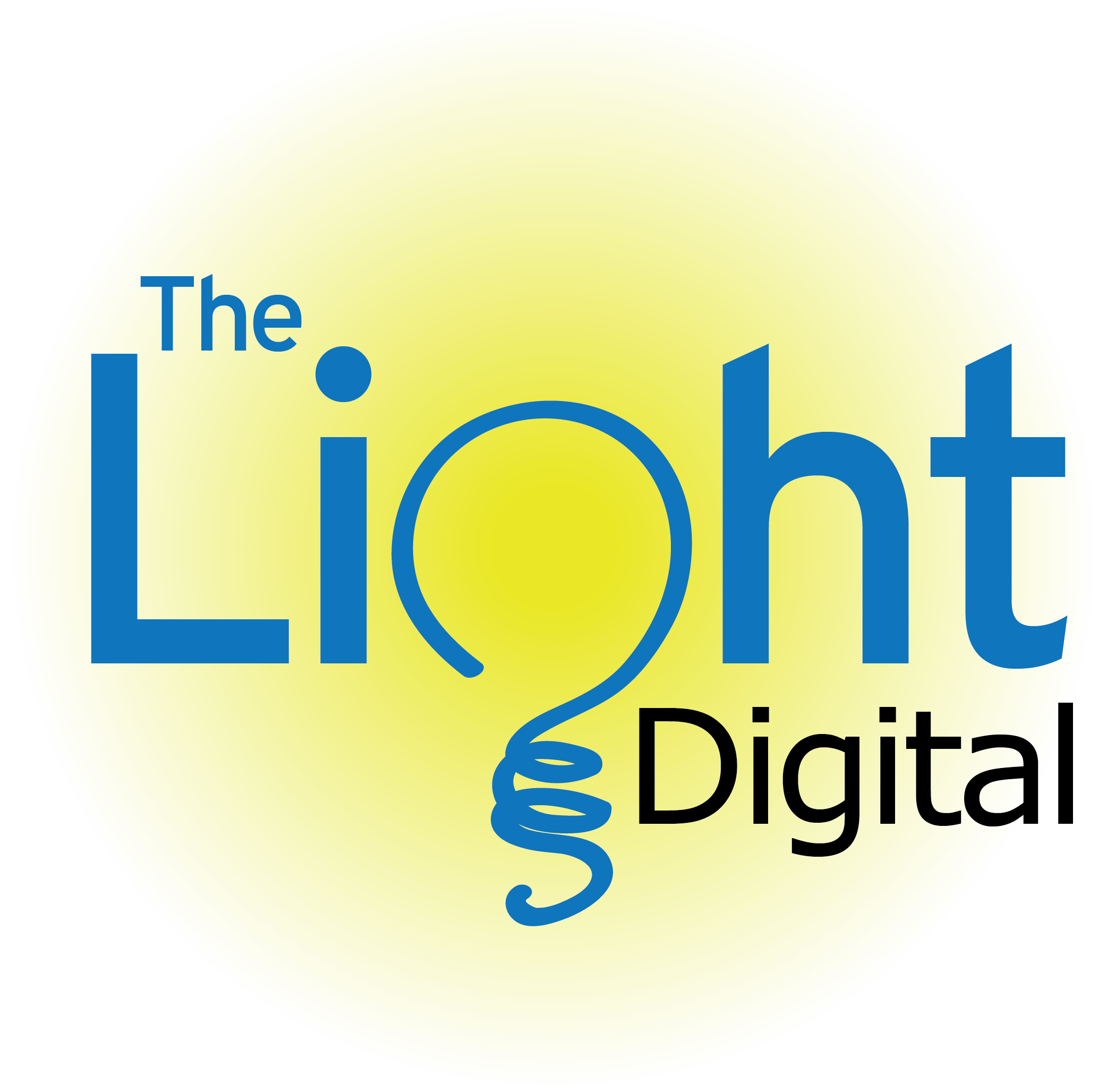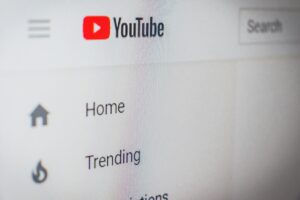You don’t need a Super Bowl budget to win in the digital arena. You need the right strategy.
The playing field has changed. Once upon a time, word-of-mouth and a Yellow Pages ad were enough to keep your small business humming. Today, your prospects live online—scrolling social media, checking reviews, and searching “best [your service] near me” on Google. The good news? Digital marketing levels the playing field, giving small businesses the power to compete (and win) against the big guys.
But the digital world can feel overwhelming. SEO, PPC, CTR, Meta pixels—where do you even begin?
Start here.
This guide, brought to you by The Light Digital, breaks down the five digital marketing essentials every small business owner must understand. These core concepts are foundational.
1. Your Website Is the Digital Front Door to Your Business
Imagine walking up to a store with cracked windows, confusing signs, and locked doors. That’s what it feels like when someone visits an outdated, slow, or confusing website.
Your website isn’t just a brochure—it’s your 24/7 sales rep. It answers questions, builds trust, and nudges visitors to take action.
What Your Website Must Have:
- Mobile-Friendly Design: Over 60% of web traffic comes from phones. If your site doesn’t load well on mobile, you’re losing customers.
- Fast Loading Speed: Every extra second a page takes to load increases bounce rate. Use Google PageSpeed Insights to check yours.
- Clear Call-to-Action (CTA): Whether it’s “Call Now,” “Book a Free Estimate,” or “Shop Now,” make it obvious.
- Accurate Contact Info & Hours: Nothing says “we don’t care” like wrong hours or a disconnected phone number.
🔧 Pro Tip: Use tools like Hotjar or Clarity to see how users interact with your site and identify where they drop off.
Even small tweaks and lead to big results.
2. SEO Isn’t Just for Big Brands
If your business doesn’t show up on the first page of Google, it might as well be invisible. That’s where SEO—Search Engine Optimization—comes in.
Think of SEO Like This: You’re a book in the world’s largest library (Google). SEO is the system that helps readers find your book when they type in “best plumber near me” or “affordable accounting for freelancers.”
For small businesses, Local SEO is your secret weapon.
3 Local SEO Essentials:
- Google Business Profile (GBP): Claim and optimize it with accurate info, service areas, photos, and regular updates.
- Online Reviews: More reviews = more trust. Ask happy customers to leave them.
- Local Listings: Ensure your business is listed consistently on directories like Yelp, Angi, and the Better Business Bureau.
💡 Tool to Try: Moz Local can scan and fix inconsistent listings.
3. Social Media Is a Relationship, Not a Billboard
A common myth: “If I post about my sale, customers will come.”
The reality: People don’t follow businesses for ads. They follow brands that connect with them and provide value.
Rethink Your Social Strategy:
- Tell Stories: Share behind-the-scenes content, spotlight employees, or show a customer transformation.
- Engage: Reply to comments. Ask questions. Run polls. Be human.
- Be Strategic: Choose platforms based on your audience:
- Instagram = Great for food, fashion, beauty
- Facebook = Local services, events, community news
- LinkedIn = B2B, consultants, professional services
🛠 Tip from The Light Digital: You don’t need to be everywhere. Just be consistent where it counts.
One local HVAC company tripled their engagement by simply posting weekly maintenance tips and tagging their technicians. Educational + personable = powerful.
4. Email Marketing Is Still the MVP
Amidst TikToks and trending hashtags, one channel still outperforms them all: Email.
Why? Because it lands directly in your customer’s inbox. And it works.
What You Can Send:
- Monthly newsletters with updates, tips, and promotions
- Customer spotlights and testimonials
- Birthday/anniversary discounts
- Seasonal checklists or reminders
How to Grow Your List:
- Offer a lead magnet (e.g., “10% Off Your First Visit” or a free guide)
- Add an opt-in form to your website and social media
- Collect emails in-store or during service calls
💰 Stat to Know: Email marketing has an average ROI of $36 for every $1 spent (Data & Marketing Association).
Top Tools for Beginners:
5. Data Is Your Digital Compass
Running digital marketing without tracking results is like throwing darts in the dark. You need data to make smart decisions and grow efficiently.
Key Metrics to Watch:
- Website Visitors: Are people finding your site?
- Bounce Rate: Are they leaving immediately?
- Conversion Rate: Are they buying, calling, or signing up?
- Email Open/Click Rates: Is your content resonating?
- ROI Per Channel: Where are your leads actually coming from?
Tools That Make Tracking Easy:
- Google Analytics
- Google Search Console
- Meta Business Suite
- HubSpot or Zoho CRM
Don’t Chase Vanity Metrics: Likes are nice, but leads and sales pay the bills.
Conclusion: Small Steps. Big Impact.
You don’t need to do everything all at once. But you do need to start.
Digital marketing isn’t just a buzzword. It’s how your future customers find you, trust you, and choose you over the competition.
By focusing on these five essentials—your website, SEO, social media, email, and data—you’re laying a foundation that will drive consistent growth for years to come.
And if you’re not sure where to start, that’s exactly what we’re here for.
Key Takeaways
- A mobile-friendly, clear website is your #1 online asset.
- Local SEO helps small businesses show up in searches.
- Social media should build trust, not just promote.
- Email still delivers the highest ROI of any digital channel.
- Track performance to grow with precision, not guesswork.
FAQs
How much should a small business spend on digital marketing?
A common benchmark is 5–10% of your revenue. Start lean, test, and scale what works.
Do I need to be on every social platform?
No. Focus on 1–2 platforms where your audience is active and engage consistently.
What’s the difference between SEO and Google Ads?
SEO is organic and builds long-term traffic. Google Ads are paid and drive immediate visibility.
How often should I email my customers?
Start with 1–2 times per month. Stay consistent and monitor unsubscribe rates to find your sweet spot.
Can I do digital marketing myself, or should I hire someone?
Many small business owners start solo, but hiring an expert like The Light Digital can save time and deliver better results.






